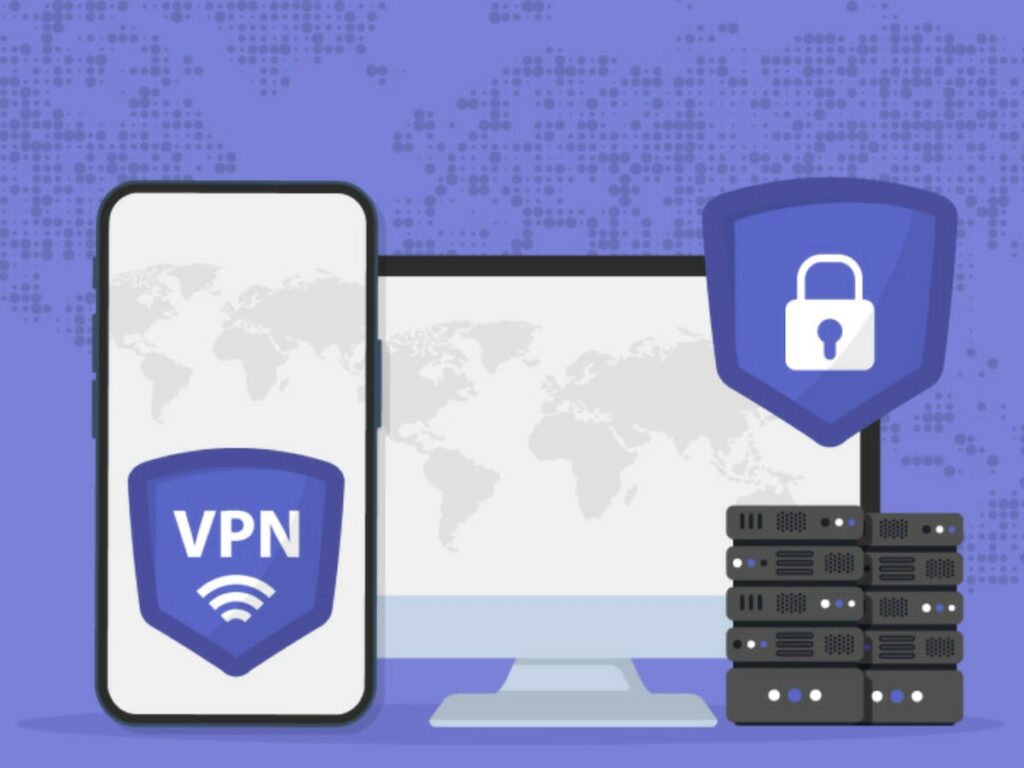
While your VPN software may show you’re connected, this does not mean your connection isn’t exposing your private data. However, you can run a few swift checks to ensure that the VPN you’re using is running properly. You may also scan for viruses and ensure connection with broadcast suppliers. VPNs have several purposes beyond security and confidentiality.
1. WebRTC leak test
The Web Real-Time Communications test consists of many technologies that allow internet browsers to interact directly with one another. WebRTC allows for fewer resources and thus faster rates when doing tasks such as streaming videos, conference calls, and file exchange. However, the drawback of WebRTC is that it needs computers to know other people’s secret IP addresses. If a VPN can’t cover your IP address, it fails to perform its job. Also check: proxy detection fraud detection
2. DNS leak test
The names that are part of the web pages you visit are determined by the domain names they register on servers. They represent IP addresses that indicate the real origins of the web pages. DNS functions similarly to IP addresses as locations do to actual addresses. One of the key objectives of a VPN is to protect what you do on the internet in a secure connection. Therefore, if your VPN leaks DNS, it is not functioning properly.
3. Testing for viruses or malware
Malware is a program created by users with illicit purposes, usually criminal hackers. It includes spyware, scams, phishing emails, and ransomware. Use antivirus software to check the VPN application for bugs and viruses. If it detects something strange, it will isolate the application and remove the malware from it.
4. Streaming test
Now that you’ve determined whether or not your VPN protects your web activities and IP addresses, let’s move on to entertainment. Many individuals, including ourselves, use VPNs to access material from databases in other nations. For example, someone likes British humor and uses a United Kingdom IP address for accessing British channels. If you plan to utilize your VPN for watching Hulu, Netflix, Disney Plus, or any other streaming service, verify that its IP addresses and servers are not banned.
While VPNs are capable of hiding your IP address, their replacement may be restricted due to contract terms. Thus, a quick check is essential. If you see an error indicating that you are using a proxy server or VPN, update the IP address you use and try once more. If it fails to work, you might have to find another VPN that is compatible with your media streaming provider.
When to perform these tests?
To ensure the highest possible level of security and confidentiality, run DNS and WebRTC leak checks before engaging in routine web activity. Malware checks run in the background on your computer without requiring any intentional activity from you. Streaming tests are only required if you plan on streaming videos during the VPN connection. DNS and WebRTC checks take less than one minute to complete.




